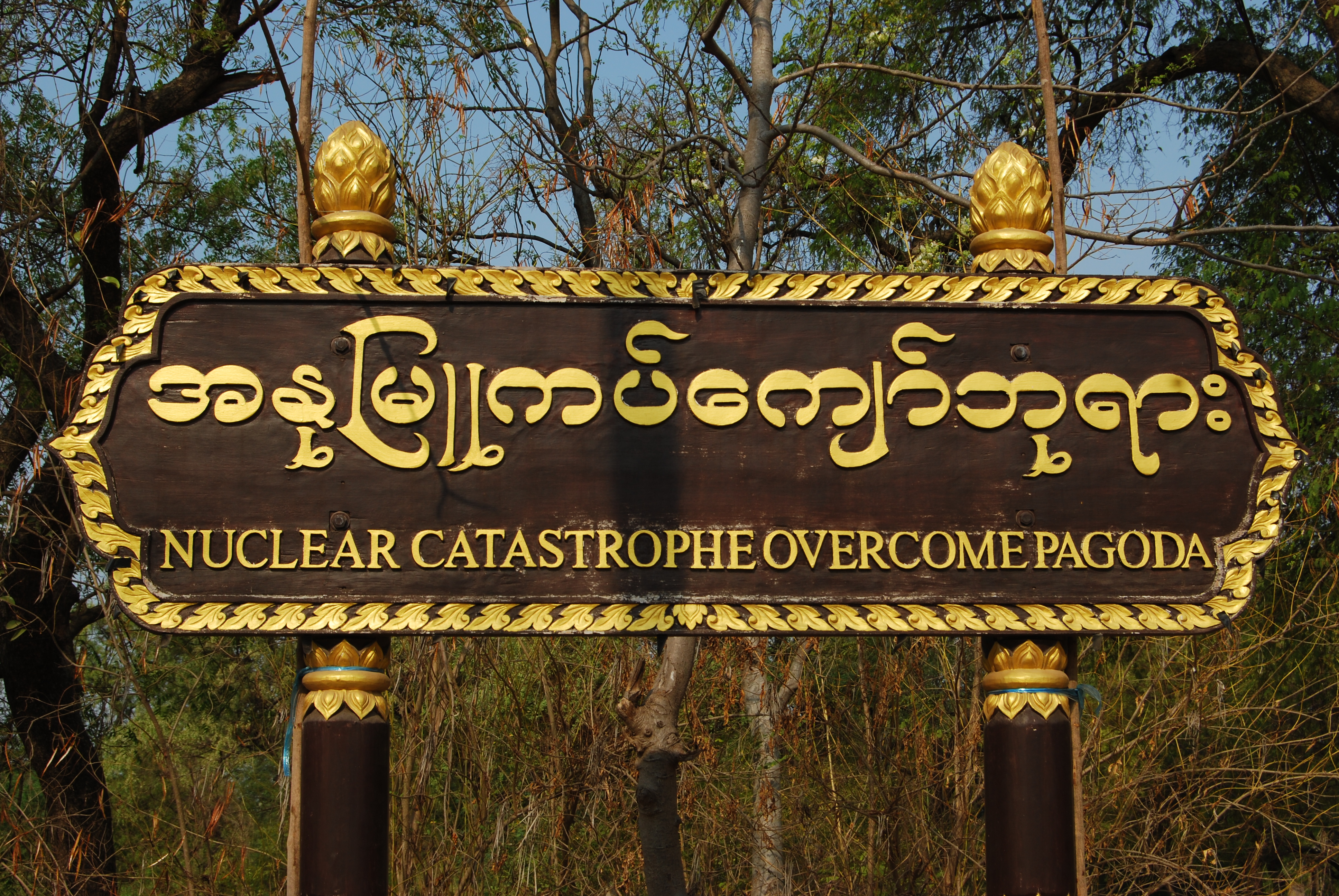Being Rohingya in Myanmar can be fatal, and being Muslim here is increasingly dangerous, too. But many people still want to know – what about being a tourist?
As wars rage around the country’s edges and the military presides over one of the greatest humanitarian disasters in its history, travel companies report a slump in their business, including several cancellations. The companies are clamoring to explain to clients that they are unlikely to encounter any violence.
“Only three townships in Rakhine State were affected by the recent events, while the whole country is safe to travel,” Myanmar Tourism Federation vice-chairman Khin Aung Tun told Frontier.
Stressing the difference between Myanmar’s war zones and its green zones has been a common strategy among local travel companies.
On September 9, Myanmar Tourism Marketing posted a statement on Facebook saying it “focusses on travelling safely in Myanmar’s green zones.”
The statement urged travelers to follow the travel advisories issued by the Myanmar government as well as foreign governments, pointing out that these advisories consider most of the country safe. It also included a map issued by the UK Foreign Office on September 13, which warned UK citizens against non-essential travel to certain parts of Rakhine, Shan, and Kachin states. Most of the country, especially the parts where the most popular tourist attractions are located, is colored green.

Explaining the crisis
However, not all companies have offered the same narrative to potential clients who are trying to understand the issues that have made Myanmar seem less safe over the last few weeks.
According to the Khin Aung Tun from the Myanmar Tourism Federation, Myanmar has been the victim of unfair judgement by the media.
“Powerful international media such as CNN and BBC have consistently reported unverified reports of abuses, and that has had a negative effect on the country’s reputation,” he told Frontier.
On the other hand, Myanmar Tourism Marketing, even though it is a member of the federation, acknowledges that a real humanitarian crisis is giving visitors pause. It wrote in its September 9 statement: “Myanmar Tourism Marketing would like to express its support for all displaced people in Northern Rakhine State and outside Rakhine after last week’s terrorist attacks close to the Bangladesh border. We do hope that all people from all religion or race will soon find safe conditions to live.”
But is it moral?
In addition to stressing the safety of visiting a country that has displaced nearly 400,000 members of a single ethnic group in the last three weeks, travel companies also stress that visiting is the moral choice.
Edwin Briels, managing director of Khiri Travel Myanmar, has said that the “ethical thing” for tourists to do now is “not to give up on Myanmar.”
“Continue to visit the country in a sustainable way to support all people from all races and religions,” he told TTG Asia.
Myanmar Tourism Marketing echoed the sentiment: “We continue to believe that tourism is a good way to connect people and to bring development and peace all over Myanmar for everybody from any race or religion, and we do call to tourists all over the world to continue visiting Myanmar.”
Its statement went on: “Especially now it’s important to make conscious decisions and choose to support everybody in the country. Please do visit Myanmar in a sustainable way to support people from all communities.”
Even vocal critics of the Myanmar military agree. Mark Farmaner, the director of Burma Campaign UK, has been calling for international pressure on Myanmar’s military and it’s chief, Senior General Min Aung Hlaing, since before the current crisis began. Even he does not discourage international travel to Myanmar.
“At the current time there is no call from within Myanmar or from Rohingya organizations for a tourism boycott, and the military doesn’t dominate the industry as it did before, though clearly it’s financial tentacles reach into tourism,” he told Coconuts. “Anyone choosing to avoid holidaying in Myanmar is making a personal moral choice, which they are free to do, but it won’t do anything to help the Rohingya.”
He also cautioned: “A danger of people staying away from Myanmar is that if people start losing their jobs, the general population will become even more antagonistic towards the Rohingya.”





Reader Interactions